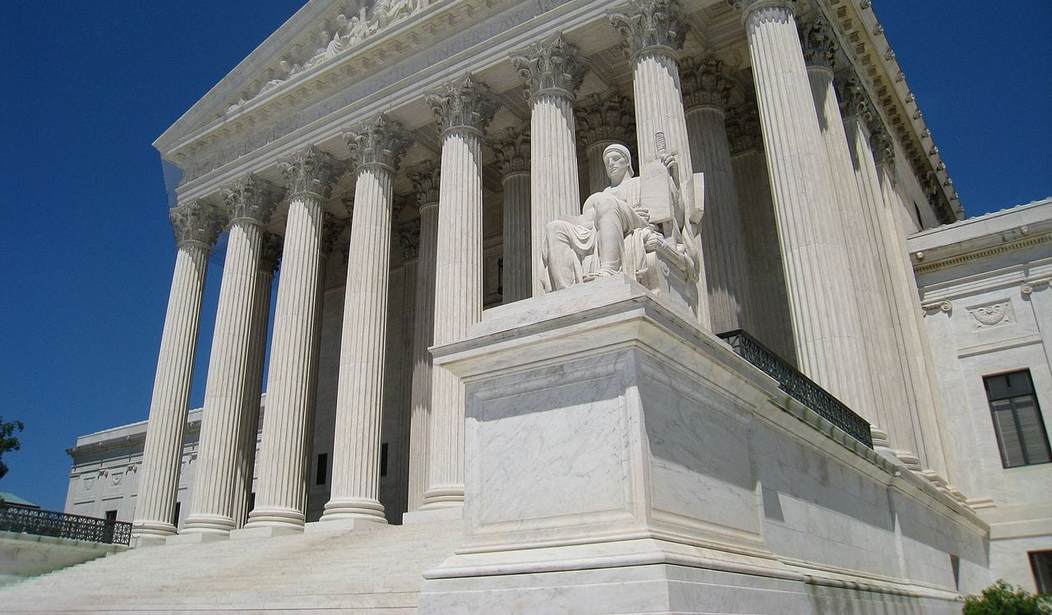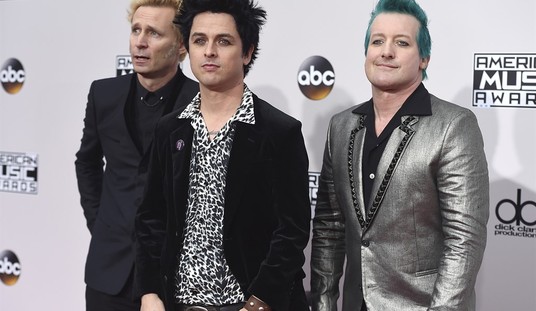Last month, the Supreme Court agreed to take up the case Uzuegbunam v. Preczewski, in which a Georgia public college weaponized its speech-zone policies to silence a black Christian student who dared to preach the gospel on campus. While the college has since dropped its absurd speech-zone restrictions, the student is seeking damages so the college cannot claim it was in the right to silence him. In the course of defending the college, Georgia Attorney General Christopher M. Carr, a Republican, briefly argued that Uzuegbunam’s preaching of the gospel constituted “fighting words” and therefore was not protected by the First Amendment.
“Plaintiff’s open-air speaking arguably rose to the level of ‘fighting words,'” Carr wrote in a brief seeking to dismiss the case. “Fighting words,” i.e. an attempt to incite a crowd to violence, is one of the few categories of speech not entitled to any protection under the First Amendment. The First Amendment does not protect incitement to violence just as it does not protect yelling “fire!” in a crowded theater where there is no fire.
“Plaintiff used contentious religious language that, when directed to a crowd, has a tendency to incite hostility,” Carr argued, suggesting that Uzuegbunam’s efforts at evangelism should be considered incitement to violence and therefore excluded from protection under the First Amendment.
To his credit, Carr later disavowed this argument. After Dr. R. Albert Mohler, president of Southern Baptist Theological Seminary, quoted this argument on his “The Briefing” podcast Wednesday, Carr reached out, explaining that he had removed the argument that the gospel presentations are “fighting words.” He became attorney general in 2016 as his office was litigating the case, and it appears that his staff wrote the brief before he was able to reverse the argument.
“He stated to me that he emphatically does not identify the gospel of Jesus Christ with the language of fighting words when it comes to constitutionality,” Mohler reported on Thursday.
Even so, the fact that lawyers working for the state of Georgia would consider making this argument is terrifying. “The point here is the abhorrence of considering the gospel of Jesus Christ as fighting words,” Mohler noted. “That does tell us again a great deal of where we stand in America, at least with some.”
Hey Supreme Court, Government Can’t Decide ‘Which Beliefs Are Acceptable’
So what happened with Uzuegbunam?
Chike Uzuegbunam tried to share his Christian faith on the campus of Georgia Gwinnett College, a public college in Lawrenceville, Georgia. College officials stopped him because he had not reserved one of two tiny speech zones where free expression was allowed. The two zones together made up a minuscule 0.0015 percent of the campus.
Uzuegbunam then reserved a zone, obtained approval for his speech from the college, and again tried to share his faith. At that point, officials again ordered him to stop because someone had complained that Uzuegbunam’s preaching of the gospel made him or her “uncomfortable.”
After the student sued, the college modified its unconstitutional speech policies. Two federal courts declined to address whether the college violated Uzuegbunam’s First Amendment rights, saying the case was moot. Yet Alliance Defending Freedom (ADF), the law firm representing Uzuegbunam, explained that “a final judicial decision is necessary to prevent future misconduct, vindicate essential freedoms, and ensure that government officials are held accountable for actual legal violations.”
“Government officials must be held responsible for enacting and enforcing policies that trample students’ constitutionally protected freedoms. If they get off scot-free, they or others can simply do it again,” ADF Senior Counsel and Vice President of Appellate Advocacy John Bursch said in a statement when the Supreme Court took up the case in July. “Neither the district court nor the appeals court held Georgia Gwinnett College officials accountable for how they repeatedly mistreated, censored, and intimidated the two students involved in this case, so it’s appropriate for the U.S. Supreme Court to take up the matter.”
The Supreme Court took up the case after a broad array of organizations filed friend-of-the-court briefs in support of Uzuegbunam, including the American Humanist Association, Americans for Prosperity Foundation, CatholicVote.org Education Fund, the Foundation for Individual Rights in Education, Islam & Religious Freedom Action Team of the Religious Freedom Institute, the Jewish Coalition for Religious Liberty, and Young Americans for Liberty.
The Supreme Court considered a similar question in April, when the majority dismissed a Second Amendment challenge to a New York City gun ordinance after the city repealed it. The Court said there was nothing left to decide because the plaintiffs had only asked for a declaration that the law was unconstitutional and for an injunction blocking its enforcement. Even so, the majority left open the possibility that plaintiffs could still ask for money as the case moved forward.
Justices Samuel Alito, Clarence Thomas, and Neil Gorsuch dissented, stating that even if the plaintiffs had not suffered harm that could be measured monetarily, they might be entitled to nominal damages. “Courts routinely award nominal damages for constitutional violations,” Alito wrote. “And it is widely recognized that a claim for nominal damages precludes mootness.”
Uzuegbunam v. Preczewski seems more likely to succeed. If it does, perhaps Clarence Thomas will write a powerful concurring opinion explaining just how noxious it was for Georgia attorneys to claim that spreading the gospel of Jesus Christ constituted “fighting words.”
Tyler O’Neil is the author of Making Hate Pay: The Corruption of the Southern Poverty Law Center. Follow him on Twitter at @Tyler2ONeil.









Join the conversation as a VIP Member